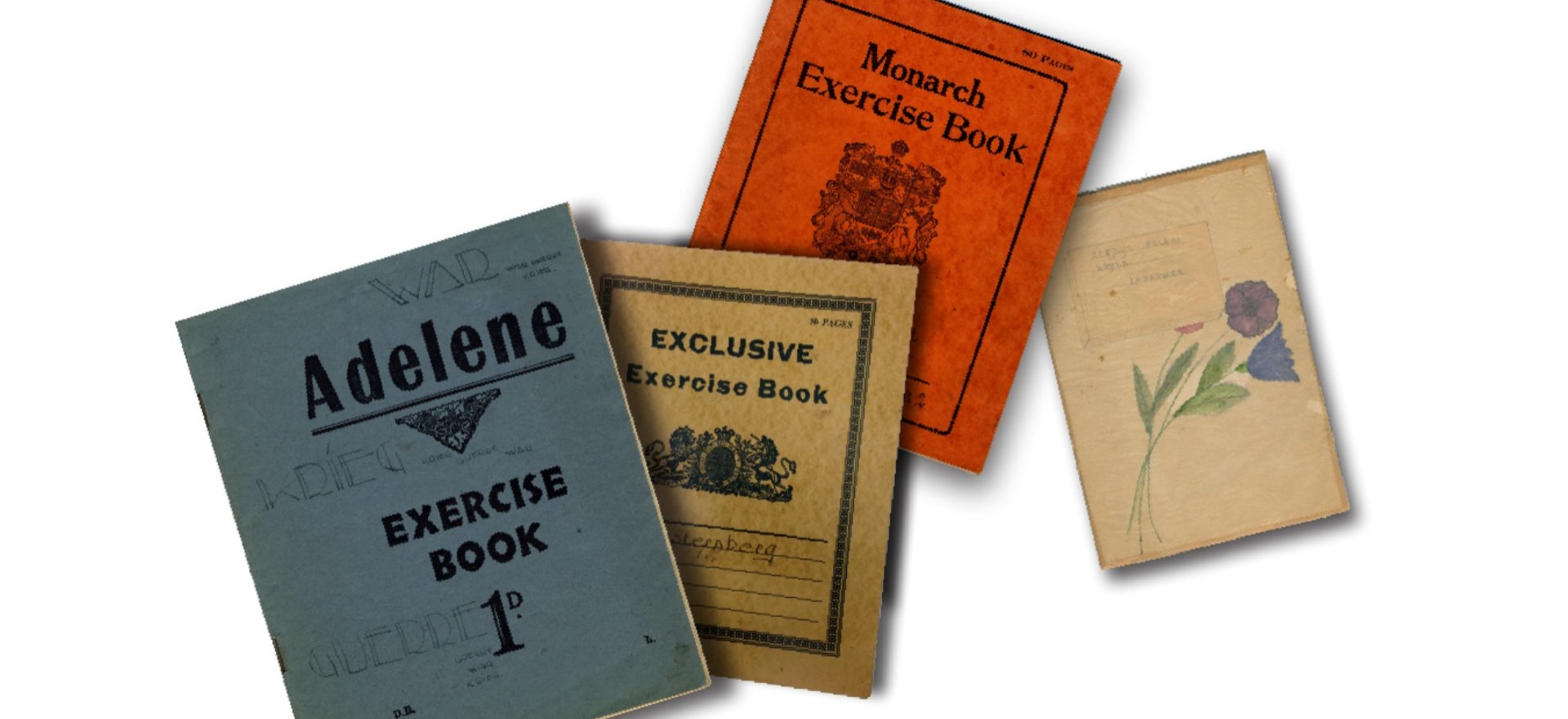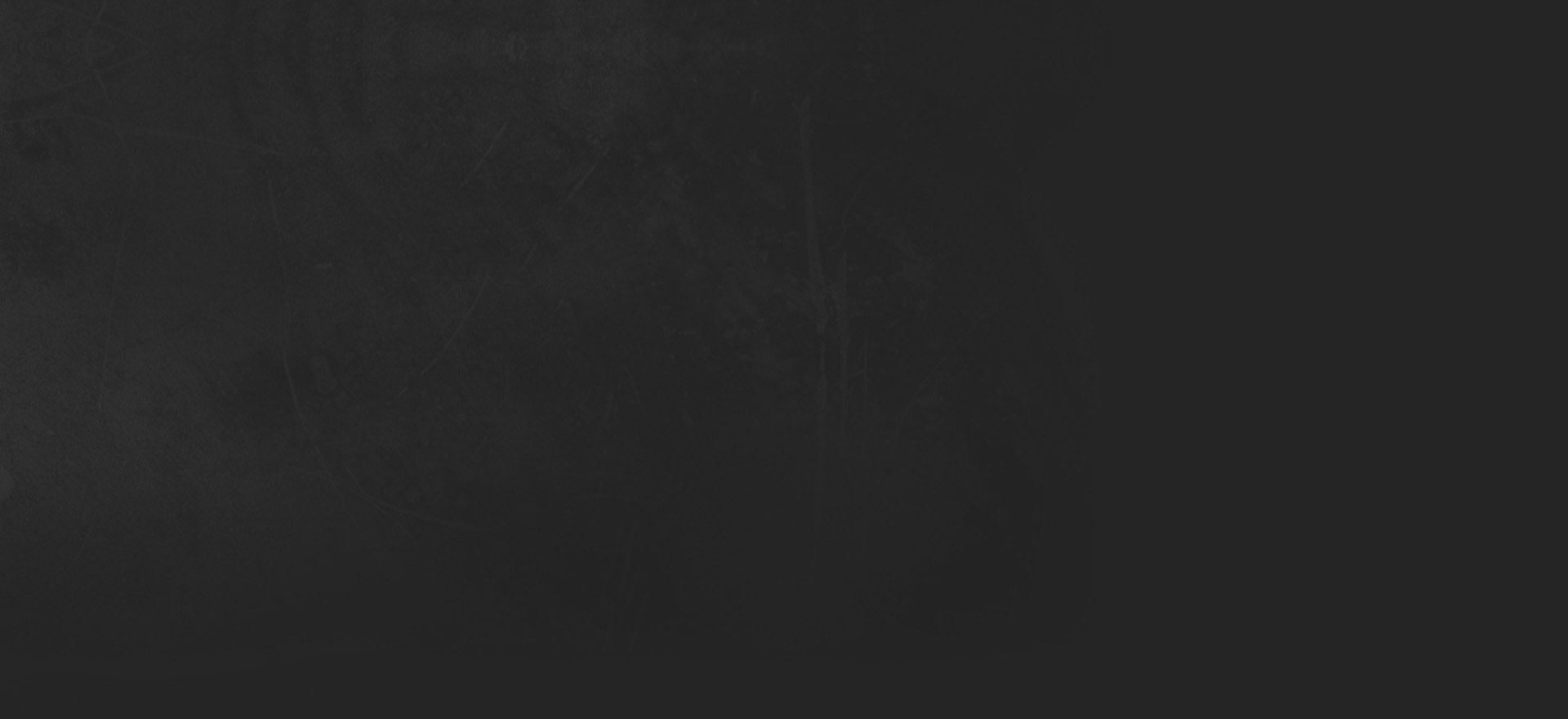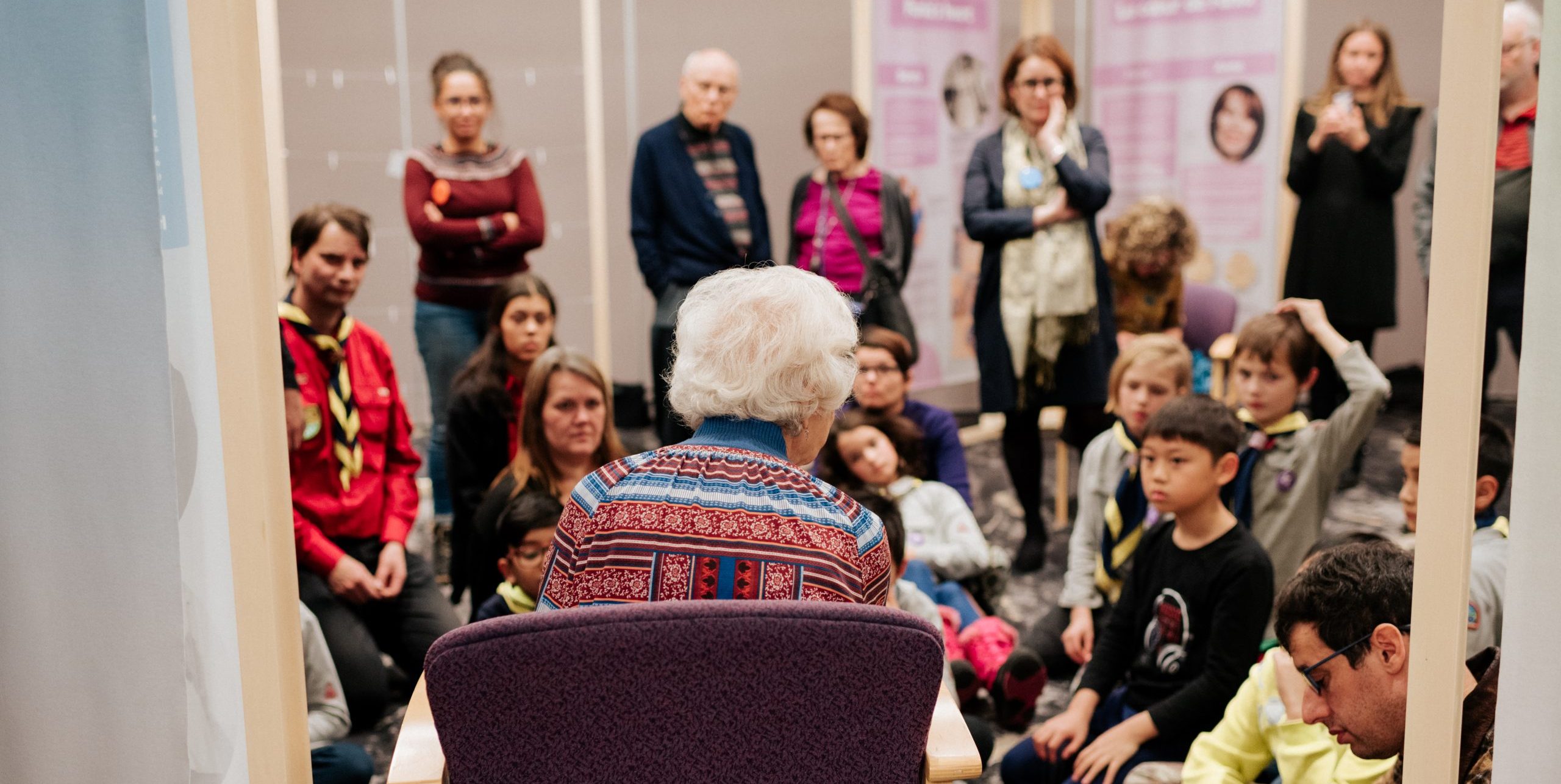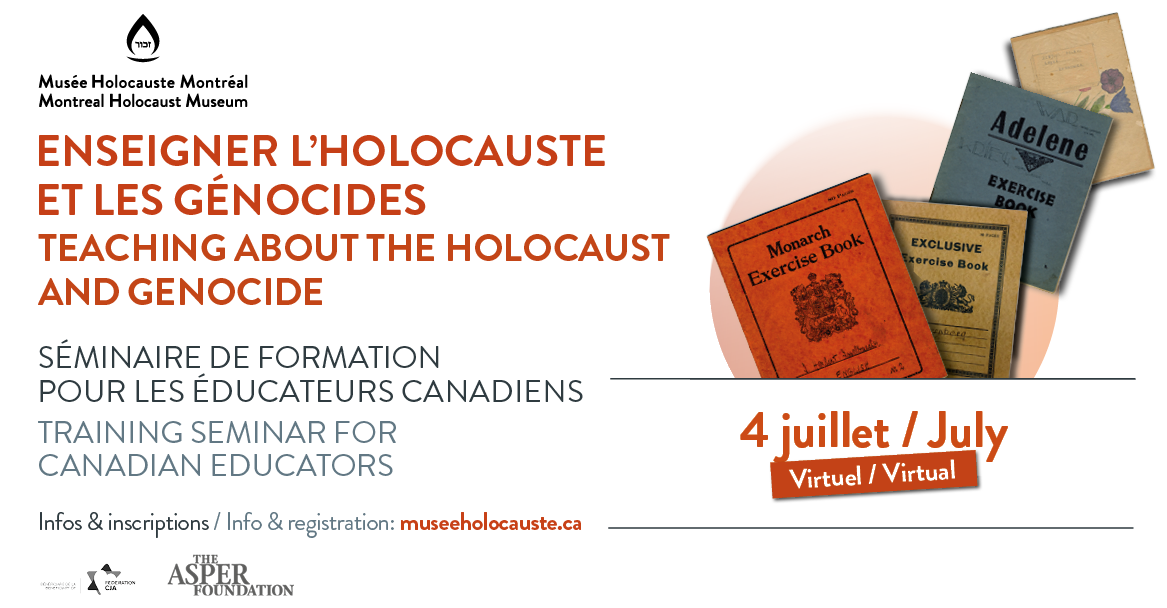
The virtual seminar is made possible by the Asper Foundation. ![]()
Program for the virtual seminar
Half-day, from 1pm to 5 pm EST
- Welcome and Acknowledgements
- Keynote speaker: Dr. Doris Bergen
- Panel Discussions: Teaching About the Holocaust and Sensitive Topics
- Testimony from a Holocaust Survivor
- Concluding Remarks
Program details
Keynote speaker: Dr. Doris Bergen
Five Trends in Holocaust Scholarship and Why They Matter for Teachers
The field of Holocaust Studies is changing rapidly. A new generation of scholars all over the world and in a wide array of disciplines is exploring long neglected topics — about relationships and intersectionality within and across victim groups including Jews, Roma, people with disabilities, and LGBTQ2S+ people; sexual abuse of women, girls, men and boys; global resonances and responses to the Holocaust in Asia, Africa, and Latin America; comparisons and connections to other cases of genocide. What does this explosion of scholarship mean for teachers? Can cutting-edge research be incorporated into the classroom, and if so, how?
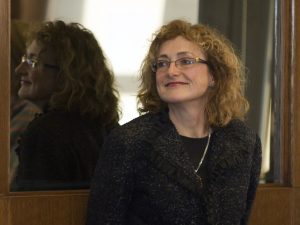
Credit: Michael Rajzman
Doris L. Bergen is the Chancellor Rose and Ray Wolfe Professor of Holocaust Studies at the University of Toronto. Her research focuses on issues of religion, gender, and ethnicity in the Holocaust and World War II and comparatively in other cases of extreme violence. Her books include Twisted Cross: The German Christian Movement in the Third Reich (1996); War and Genocide: A Concise History of the Holocaust (2003); The Sword of the Lord: Military Chaplains from the First to the Twenty-First Centuries (edited, 2004); and Lessons and Legacies VIII (edited, 2008).
Prof. Bergen has held grants and fellowships from the SSHRC, the United States Holocaust Memorial Museum, the German Marshall Fund of the United States, the DAAD, and the Alexander von Humboldt Foundation, and she has taught at the Universities of Warsaw, Pristina, Tuzla, Notre Dame, and Vermont. Her current projects include a book on Germany military chaplains in the Nazi era and a study of definitions of Germanness as revealed in the Volksdeutschen/ethnic Germans of Eastern Europe during World War II and the Holocaust. Bergen is a member of the Academic Advisory Committee of the Center for Advanced Holocaust Studies at the U. S. Holocaust Memorial Museum in Washington , D.C.
Panel discussions: Teaching About the Holocaust and Sensitive Topics
Panel 1: Gr. 6 – 8 / Sec. 2
Moderator: Melissa Mikel, Director of Education, Friends of Simon Wiesenthal Center for Holocaust Studies
Panel 2: Gr. 9 – 12 / Sec. 3 – 5 and cégep
Moderator: Tessa Coutu, Acting Education Director, Vancouver Holocaust Education Centre
How do you approach the Holocaust in class? What are the essential activities and resources you use in your teaching? What are the challenges to overcome?
During these panel discussions, invited teachers will present the activities that they have used with their students, as well as useful resources for addressing the Holocaust and genocides. During the discussion period, registered participants will be invited to share their own approaches and favorite resources (literature, films, teaching materials).
Prepare your favorite resource and share it with the other participants!
Survivor Testimony
During our virtual seminar, you will have the opportunity to meet with Rae Gropper, a Holocaust survivor who immigrated to Canada after World War II. You will discover her lived experience before, during, and after the Holocaust.
Testimony is an essential primary source for better understanding the diversity of experiences during the Holocaust, as well as the human consequences of a complex history. It also contributes to the development of historical empathy. This meeting is an excellent opportunity to speak with the last generation of Holocaust witnesses.
